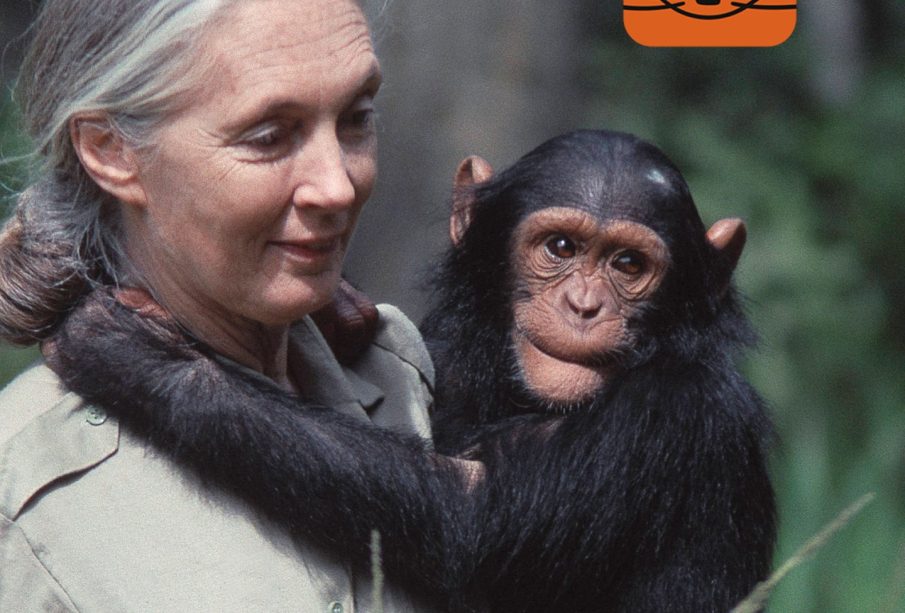The Lasting Legacy of Jane Goodall in Animal Conservation

Introduction to Jane Goodall
Jane Goodall is a renowned primatologist, ethologist, and anthropologist whose pioneering research on chimpanzees has transformed our understanding of primate behaviour and conservation. Born in 1934 in London, Goodall’s lifelong dedication to wildlife and environmental conservation has made her an icon in the fight against habitat destruction and animal cruelty. Her work is not only relevant today but also vital as the planet faces increasing ecological threats.
Groundbreaking Research in the Wild
In 1960, Goodall began her landmark study of wild chimpanzees in Gombe Stream National Park, Tanzania. Over the following decades, she observed complex social interactions, tool use, and familial bonds among these primates, challenging previous notions that set humans apart from animals. Her discovery that chimpanzees make and use tools was revolutionary, proving they possess cognitive capabilities once thought unique to humans.
A Global Advocate for Conservation
Goodall’s research has been complemented by her advocacy work through the Jane Goodall Institute, founded in 1977. The institute focuses on wildlife research, habitat preservation, and community-based conservation initiatives, empowering local communities to engage in sustainable practices. Goodall’s compassionate approach underscores the interdependence of humans and nature—an essential message in today’s climate-challenged world.
Recent Initiatives and Recognition
In recent years, Goodall has intensified her efforts, particularly against climate change and its impact on animal habitats. She has addressed international forums and educated the public, especially the younger generation, through campaigns like “Roots & Shoots,” which encourages youth to take action in their communities. Goodall’s influence continues to grow, and she remains a sought-after speaker, inspiring millions with her message of hope and resilience.
Conclusion: A Continuing Legacy
Jane Goodall’s contributions to science and conservation have established her as a pivotal figure in environmental activism. As ecological crises mount, her work serves as both a foundation and a rallying cry for future generations. Goodall’s unwavering belief that individual actions can lead to significant change reinforces the idea that everyone can make a difference in the fight for biodiversity. The importance of her findings and advocacy will undoubtedly resonate for years to come, reminding us of the intrinsic value of wildlife and the necessity to protect our planet.









